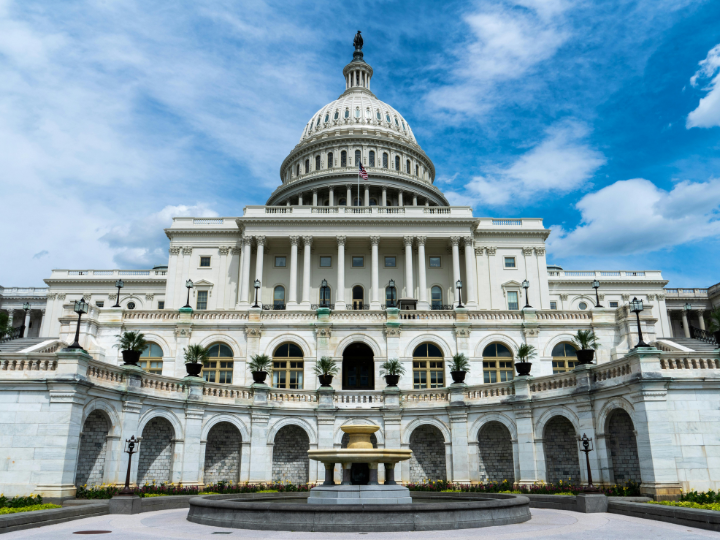by Raimund Grafe*
A democracy does not simply live on its traditions. Democracy must constantly renew itself and the way it works in order to keep up with the times and the realities of a changing society.
Above all, it must enable people to participate in governmental and economic decision-making processes and to experience that they themselves play an active role in these processes.
This is thwarted where power hierarchies create a lack of transparency, when structures put the brakes on participation and when social inequality allocates opportunities for participation unequally.
The core of Democracy
Democracy is more than collaboration on solutions to problems, more than a mere process and more than just results that you may like.
Democracy is something akin to a “civic religion,” a belief that holds society together and gives us confidence in the future.
It is the firm belief that the difficult negotiation of compromises, the arduous work of balancing interests and the search for balance between cities and rural areas, rich and poor, old and young is stronger and fairer than rule by decree from above.
Democracy is the firm belief that love of one’s neighbor and the willingness to help others form a better foundation for living together and overcoming loneliness and everyday stress than the alternative approach — contempt for others and the disparagement of fellow citizens that is so often experienced today.
Diversity above uniformity, openness above isolationism
Democracy is the firm belief that, in the 21st century, diversity and openness form a more solid basis for the development of economic prosperity than isolationism and ethnic or religious uniformity.
Democracy ultimately represents a social contract that seeks to resolve disputes and differences of opinion through dialogue and diplomacy. It is certainly the most successful way forward, both internally and externally.
However, the readiness and willingness for democratic cooperation is not something we are born with. It requires the development of behavioral skills, communication techniques and a culture of discussion. In short, it requires a comprehensive form of civic education.
Democracy and education
Democracy as a way of life requires democratic education from an early age and extending into old age.
It begins at the kitchen table where open conversation, the good habits of talking and listening, are cultivated. The home where tolerance and hospitality are lived by example.
After all, the early childhood phase also marks the beginning of forming one’s own singular identity in relation to the plurality that is other people.
Therefore, democracy education at school should actually begin in daycare and elementary school, with the goal to develop core democratic competencies. This crucially includes media (consumption) skills as well as dealing with artificial intelligence.
It is also important to develop the ability early on not just to read and write, but also to speak freely and clearly in front of others and to acquire age-appropriate argumentation and presentation techniques.
This also includes debating skills, i.e., a preferably intuitive understanding of rules-based discussion in which the better argument prevails.
Understanding how the government, society and the economy function
School must also lay a solid foundation of knowledge about the functioning of government, society and the economy. To this end, social studies must be core subject right from elementary school onward, alongside history and geography.
Social studies include the teaching of practical skills as responsible consumers, in dealing with the police and authorities as well as volunteer work.
Special importance should thus be given to learning through social and community engagement. The combination of learning content with the experience of engagement fosters self-efficacy, democratic competence and the connection to one’s neighborhood and community.
Another critical dimension of learning for life in a democracy is mastery of the techniques necessary for acquiring knowledge from different sources as well as the appropriate classification and evaluation of information.
All of this presents teachers with particular challenges which require increased further training and preparation.
Democratic self-efficacy
However, democracy education also means democracy in education. This in turn means that education needs to rely more tangibly on student representation and involvement in the decision-making of their school.
Students who are directly involved in school decision-making are more likely to develop democratic competences. Such hands-on experience creates basic confidence and trust in democracy.
This learning process which starts with the family and school must continue into old age. Why? Because democracy as a way of life means nothing other than the lifelong development of one’s own abilities to articulate interests, engage in dialogue and consensus-building.
Empathy and respect, perseverance and staying power, avoiding demoralizing others or feeling demoralized oneself and the ability to deal with defeats — all of these virtues of democracy can be trained.
Proper democracy education should also promote an honest culture of remembrance. The histories of our countries and communities are neither heroic nor tragic.
Learning from history
History is often complex and contradictory. Only a multidirectional understanding of where we come from makes it possible for us to face the future with an open mind. This requires us to address possible blind spots in our history with courage.
Democracy not just as a set of governmental institutions but as a way of life also finds its expression in a strong civic society eco-system.
Here citizens can apply their acquired democratic skills in a lifelong quest to improve society and the conditions we live in. Democracy is best preserved by living it in fullest measure. A democracy thus fortified will be ours for keeps.
*Director of the Erich Zeigner Haus, a Leipzig-based center for democracy and remembrance culture
**first published in: Theglobalist.com




 By: N. Peter Kramer
By: N. Peter Kramer

